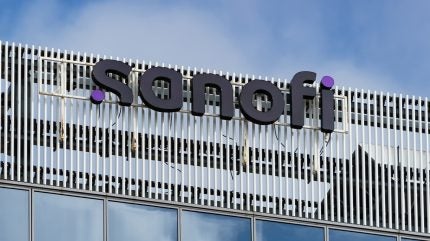
China’s National Medical Products Administration (NMPA) has approved Sanofi’s Tzield (teplizumab), making it the first disease-modifying therapy for autoimmune type 1 diabetes (T1D).
This approval is specifically for delaying the onset of stage 3 T1D in patients aged eight years and older who are currently at stage 2.

Discover B2B Marketing That Performs
Combine business intelligence and editorial excellence to reach engaged professionals across 36 leading media platforms.
The NMPA’s decision followed a priority review, acknowledging Tzield’s innovative nature and its benefits for paediatric patients.
The approval is underpinned by the TN-10 phase II study results, which demonstrated that Tzield could significantly delay progression to stage 3 T1D compared to placebo.
The study found that a 14-day course of Tzield delayed the median onset of stage 3 T1D by 48.4 months, in contrast to the 24.4 months observed in the placebo group.
This aligns with Chinese expert consensus guidelines, published in November 2024, which emphasise the importance of protecting beta-cell function in managing autoimmune T1D.

US Tariffs are shifting - will you react or anticipate?
Don’t let policy changes catch you off guard. Stay proactive with real-time data and expert analysis.
By GlobalDataTzield is now approved for treating stage 2 T1D in adults and children aged eight and above in countries including Canada, Israel, Kuwait, Saudi Arabia, the United Arab Emirates, the UK and the US. Regulatory reviews are still in progress within the European Union and other global regions.
Tzield, a CD3-directed monoclonal antibody, was first approved in the US in November 2022 for the same indication. The therapy represents a significant development as the first and only disease-modifying treatment for autoimmune T1D.
Sanofi general medicines executive vice-president Olivier Charmeil stated: “This approval represents the beginning of a new era of care for stage 2 type 1 diabetes patients in China, one focused on the potential of Tzield to prevent the natural progression of T1D by its unique beta-cell function preserving capabilities.
“We are proud to bring this innovative medicine to China, and we remain committed to working with local stakeholders to advance diabetes care.”
In July 2025, Sanofi concluded its acquisition of Blueprint Medicines, enhancing its portfolio with a commercialised treatment and the expertise of a company focused on systemic mastocytosis and other KIT-driven diseases.




